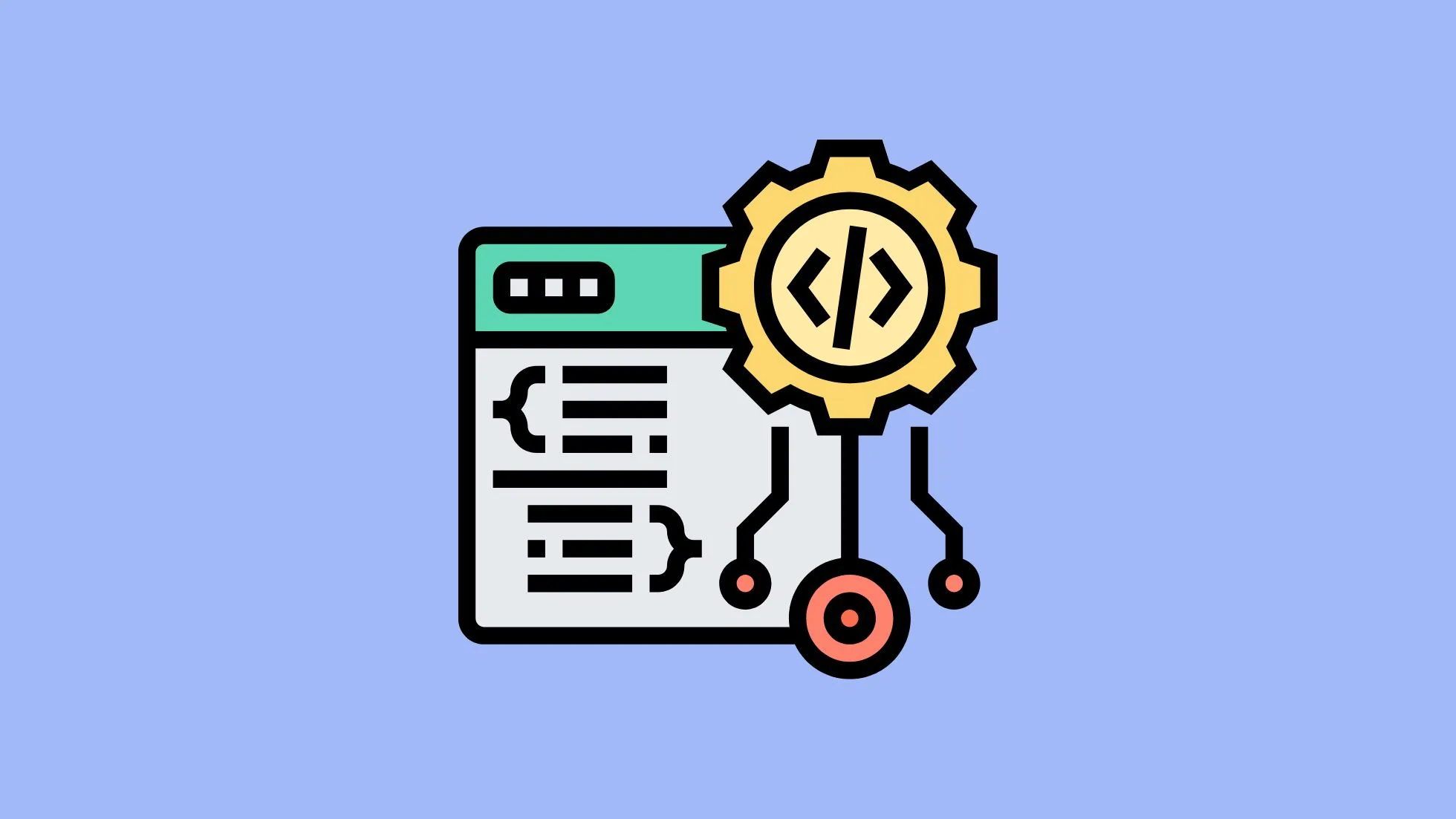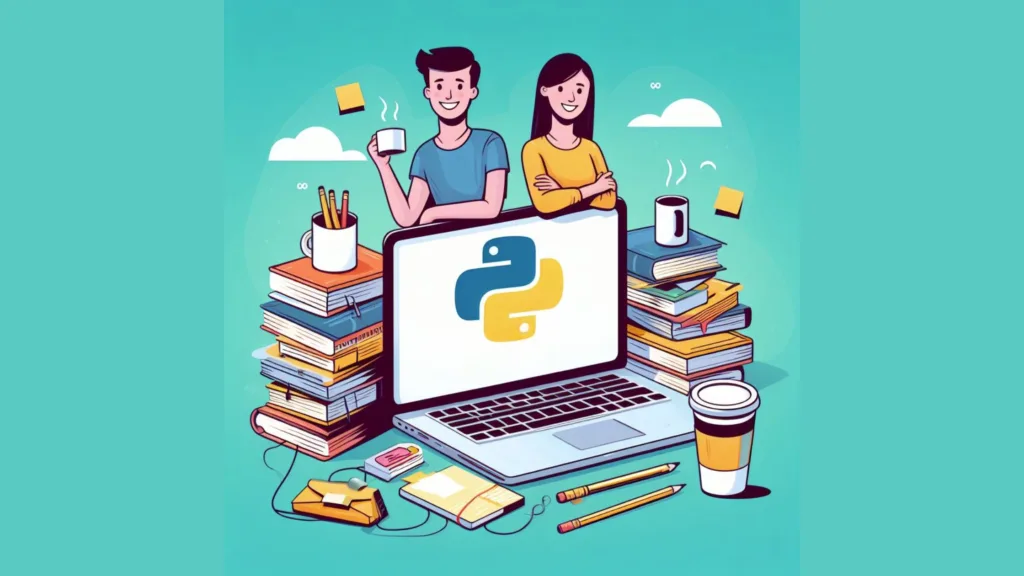Introduction
Python is an evergreen language that plays a significant role in various domains like web development, data science, artificial intelligence, and many more. Understanding Python functions is crucial for any Python developer, whether you are a beginner or an experienced programmer. In this blog post, we’ll explore the top 10 interview questions on Python functions along with their answers.
Question 1: What is a Function in Python?
Answer:
A function in Python is a block of organized, reusable code that performs a specific task. Functions provide better modularity and a higher degree of code reusability.
Question 2: How Do You Declare a Function?
Answer:
In Python, you use the def keyword to declare a function, followed by the function name and parentheses ().
def my_function():
print("Hello, World!")Question 3: What is a Function Signature?
Answer:
A function signature is the first line of a function definition, including the def keyword, the function name, and any parameters the function takes.
def add(a, b): # This line is the function signature
return a + bQuestion 4: What are Positional and Keyword Arguments?
Answer:
- Positional Arguments: These are the most common and are assigned to the respective parameters in the order in which they appear in the function call.
def add(a, b): return a + b result = add(2, 3) # 2 is a positional argument for 'a', 3 for 'b' - Keyword Arguments: Arguments can also be passed by explicitly naming each argument in the function call.
result = add(a=2, b=3)
Question 5: What is the *args and **kwargs Syntax?
Answer:
*argsallows you to pass a variable number of non-keyword arguments.def my_function(*args): return sum(args)**kwargsallows you to pass a variable number of keyword arguments.def my_function(**kwargs): return kwargs['name'] print(my_function(name="John"))
Question 6: How Do You Return Multiple Values from a Function?
Answer:
In Python, you can return multiple values as a tuple, list, or dictionary.
def my_function():
return 1, 2, 3 # Returns a tuple (1, 2, 3)Question 7: What is Recursion?
Answer:
Recursion is a programming technique where a function calls itself.
def factorial(n):
if n == 0:
return 1
return n * factorial(n-1)Question 8: What is a Lambda Function?
Answer:
A lambda function is an anonymous function declared using the lambda keyword. It can take any number of arguments but can only have one expression.
add = lambda a, b: a + bQuestion 9: What is Function Overloading and Is It Supported in Python?
Answer:
Function overloading refers to the ability to define multiple functions with the same name but different arguments. Python does not support function overloading. However, we can achieve a similar effect using default arguments or *args and **kwargs.
Question 10: What is a Closure?
Answer:
A closure is an inner function that has access to variables in its local scope, enclosing scope, and global scope. It can “capture” and “remember” the state of its environment.
def outer_function(x):
def inner_function(y):
return x + y
return inner_function
closure = outer_function(10)
print(closure(5)) # Output: 15Conclusion
Python functions are a broad topic, and understanding them thoroughly can give you an edge in coding interviews. The questions and answers provided in this blog are designed to help you get a grip on important concepts related to Python functions. Good luck with your Python interviews!
Happy Learning!



